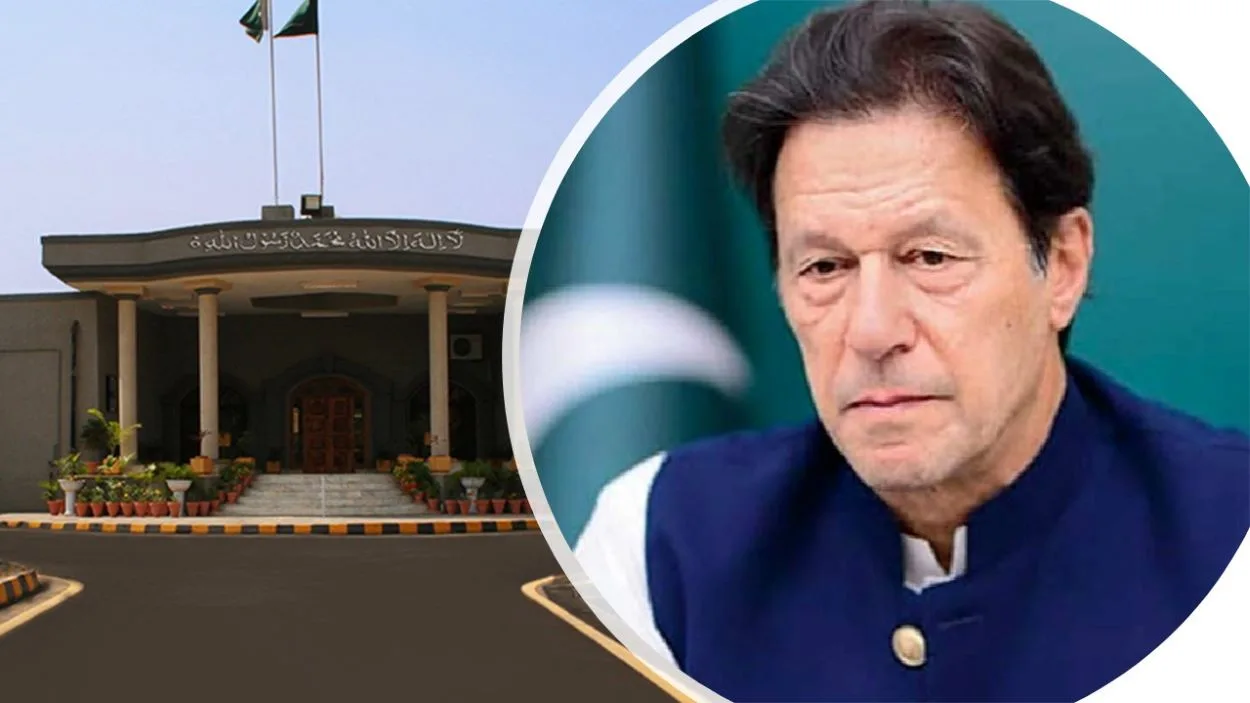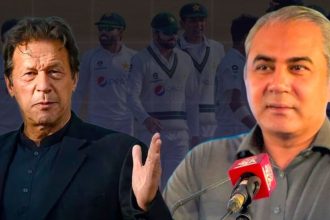Former Prime Minister of Pakistan and chief of Pakistan Tehreek-e-Insaf (PTI), Imran Khan, petitioned the Islamabad High Court (IHC) regarding his indictment by a special court specifically formed under the Official Secrets Act concerning the notorious ‘cipher case.’
This case revolves around accusations against Khan and his associate, Shah Mehmood Qureshi, alleging misuse and mishandling of sensitive diplomatic communications. These charges, set forth by Special Court Judge Abual Hasnat Zulqarnain, highlight illegal retention and inappropriate dissemination of a cipher, compromising confidential communications between Pakistani and American diplomats.
Khan, currently detained, sought legal recourse through attorneys Salman Safdar and Khalid Yousaf, pleading with the IHC to invalidate his indictment due to procedural inconsistencies. The petition emphasized rushed legal proceedings, inadequate adherence to due process, and the potential infringement of Khan’s constitutional rights.
The foundation of the case, the cipher itself, remains a contested piece of evidence. Khan’s defense underscores the legal paradox of proceeding without the critical evidence in question, urging the IHC to overturn the special court’s decision made on October 23.
Despite facing a three-year sentence from a prior conviction in the Toshakhana case, Khan’s legal woes intensified with the cipher case, resulting in continued incarceration. The FIA, responsible for his arrest, has charted a course demanding a trial and subsequent sentencing.
Unraveling the Ciphergate Scandal
The ‘ciphergate’ scandal first erupted publicly when Khan, during a rally, accused unnamed foreign powers of political sabotage. This assertion, followed by claims of American interference, catalyzed a sequence of events, including internal investigations and the surfacing of compromising audio leaks.
These developments culminated in the federal cabinet’s directive in October authorizing legal action against Khan. Despite initial resistance and legal manoeuvres, the Lahore High Court (LHC) eventually revoked the protective measures favouring Khan in July, facilitating the FIA’s ongoing case.
The comprehensive charge sheet implicates Qureshi as a complicit party, extending the case’s scope and complexity. Despite the burgeoning legal pressure, both Khan and Qureshi have maintained their innocence, contesting the legal proceedings’ validity and integrity.






